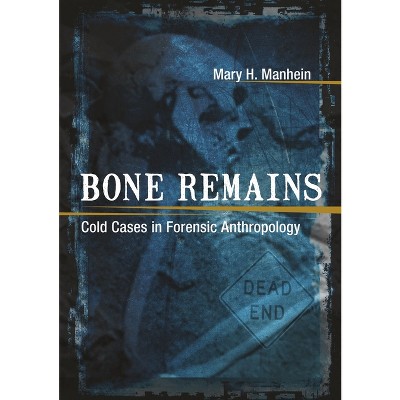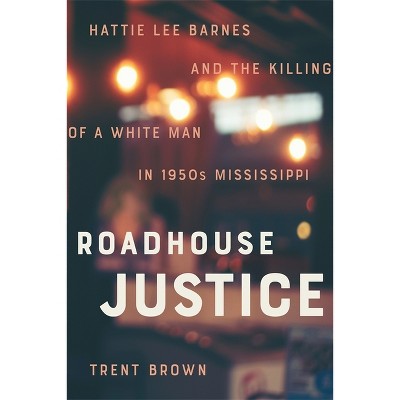About this item
Highlights
- "Wright vividly portrays the clash between racist militants and blacks who would not submit to terror.
- About the Author: George C. Wright is William R. Keenan professor of history at Duke University.
- 368 Pages
- True Crime, General
Description
Book Synopsis
"Wright vividly portrays the clash between racist militants and blacks who would not submit to terror. The book makes clear the brutality concealed beneath the surface veneer of moderation." -- Journal of Southern History
In this investigative look into Kentucky's race relations from the end of the Civil War to 1940, George C. Wright brings to light a consistent pattern of legally sanctioned and extralegal violence employed to ensure that blacks knew their "place" after the war.
In the first study of its kind to target the racial patterns of a specific state, Wright demonstrates that despite Kentucky's proximity to the North, its black population was subjected to racial oppression every bit as severe and prolonged as that found farther south. His examination of the causes and extent of racial violence, and of the steps taken by blacks and concerned whites to end the brutality, has implications for race relations throughout the United States.
From the Back Cover
The story of the men, women, and children who suffered the scourge of racial oppression in the Bluegrass State from the end of the Civil War to 1940.About the Author
George C. Wright is William R. Keenan professor of history at Duke University. He is the author of Blacks in Louisville, Kentucky, 1865--1930.
Shipping details
Return details
Trending Mystery & Crime












